
The 2030 Agenda for Sustainable Development aside from providing a framework to sustainability and equality, can also represent how to better link basic science and education with issues such as climatic and environmental change, water and energy security, ocean preservation, disaster risk and other existential risks to living sustainably on planet Earth. While we celebrate the International Year of Basic Sciences for Sustainable Development (IYBSSD), it is important to recognize the contribution basic science can make to the implementation of the 2030 Agenda.
The International Year, promulgated by the United Nations, encourages exchanges between scientists and all categories of stakeholders, whether from grassroots communities or political decisionmakers and international leaders, to associations, students and local authorities.
GeoUnions (a group of nine unions and associations representing the geosciences, who are also members of the ISC), established a “Distinguished Lecture Series on Basic Sciences for Sustainable Development” aligned with the IYBSSD to highlight the importance of basic sciences for sustainable development within the ISC community.
“It is an honour for the ISC’s geoscience unions to promote the importance of basic science as it relates to the Sustainable Development Goals in multidisciplinary settings. We are delighted that the following outstanding representatives from our unions have agreed to be the first to share their expertise as part of the distinguished lecture series for the International Year for Basic Science for Sustainable Development.”
Alik Ismail-Zedeh, Senior Research Fellow, Karlsruhe Institute of Technology, Germany; Fellow, International Union of Geodesy and Geophysics, and ISC Fellow
To promote discussion and debate around these issues, the ISC convened four online webinars, which you can revisit below.
Webinar 1 : “Firepower, Geopolitics and the Future: Rethinking Environmental Security”
As climate change accelerates and causes ever more calamities to human societies, scholars need to think much more carefully about how the world is changing and why. One key to this is the role of combustion in modern societies and the need to constrain its use in both the civilian and military arenas to build a more secure future for all.
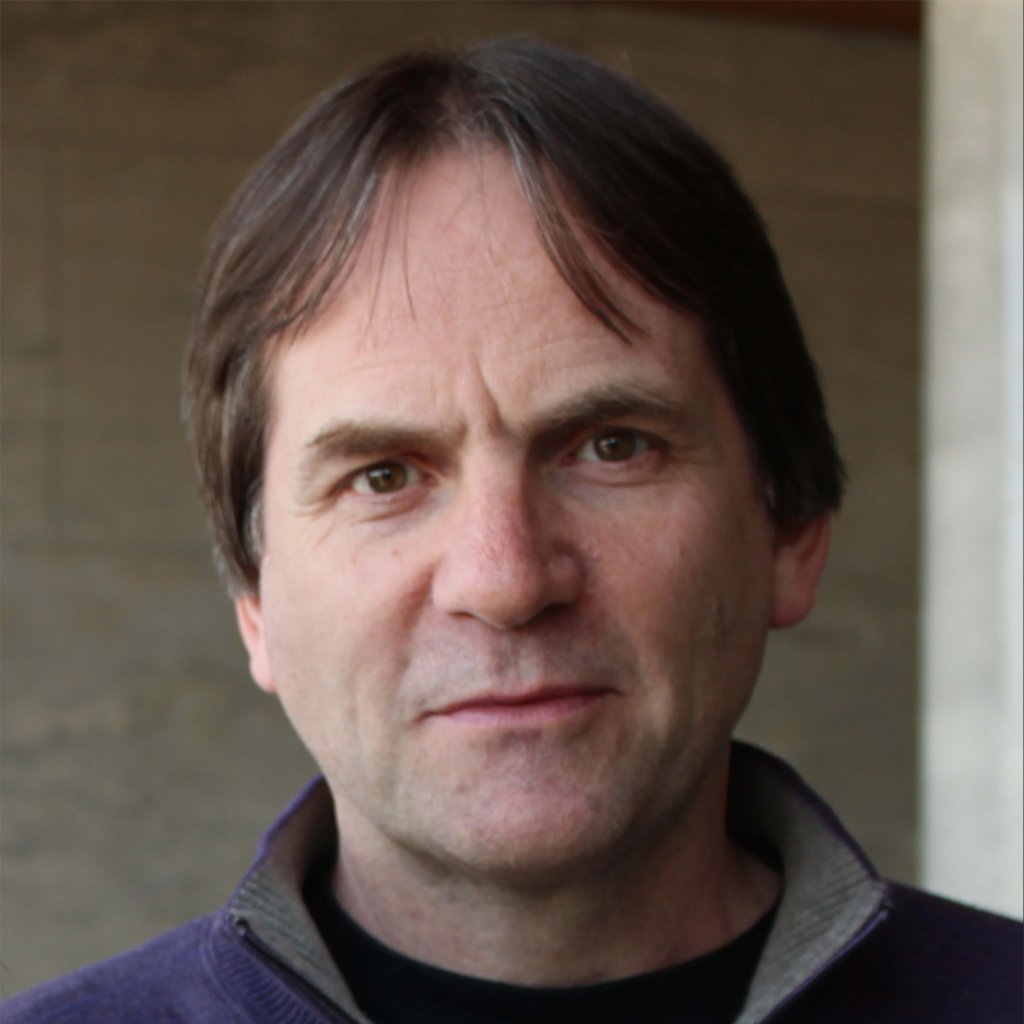
Professor at Wilfrid Laurier University, Waterloo, Ontario, a Senior Fellow at the Centre for International Governance Innovation and Senior Research Fellow at the University of Victoria Centre for Global Studies.
Webinar 2 : “Apprehending the Duality of Disaster Risk and Sustainable Development”
Disaster risk and disasters are socially constructed systemic processes that unfold over time due to the relationships and interdependencies between vulnerability, exposure, and hazards. Have you ever wondered why geography is a compass for understanding disaster risk reduction and global sustainability?

Former Director and current Professor and Researcher at the Institute of Geography of the National Autonomous University of Mexico (UNAM), and ISC Fellow (appointed in December 2022).
Webinar 3 : “Geospatial Information-Enabled SDGs Monitoring”
A systematic follow-up and review through indicators-based tracking and reporting of the progress towards 2030 Sustainable Development Goals (SDGs) through integration of statistical data and geo-information is a challenging task and a hot topic for both governmental agencies and scientific communities. This lecture provides an overview of United Nation recognized good practice on monitoring of geospatial information-enabled SDGs, which demonstrates how the overall SDGs progressing at a local context can be measured through developing a set of indicator-based, data-driven and evidence-supported approaches with a geographic perspective.
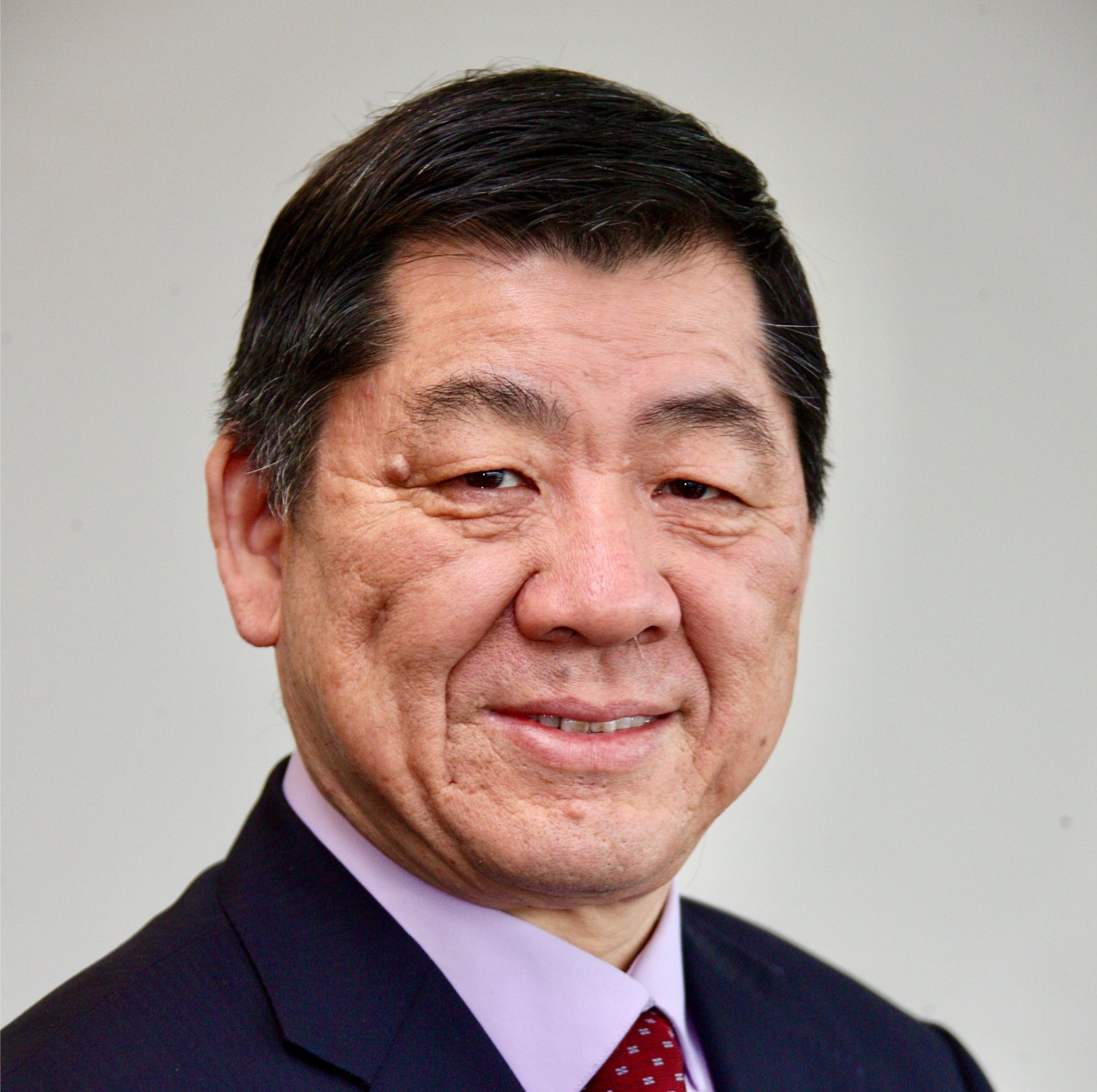
Chen Jun
Professor/Chief Scientist at the National Geomatics Center of China, Beijing, China
Webinar 4: “From the Theory of Ice Ages to IPCC climate projections”
Despite improved understanding of global and regional climate change and increased model complexity, the relative contribution of different feedbacks (clouds, ocean circulation, vegetation and its coupling with water and carbon cycles, ice…) continues to vary from model to model, leading to mismatches between climate reconstructions and simulations. Acquiring new Quaternary paleoclimatic records and comparing them with model results is, more than ever, the basic science needed to explain current climate change and improve climate projections.
In this lecture, María Fernanda Sánchez Goñi, Professor of Paleoclimatology, briefly introduced the discovery of the ice ages, the astronomical theory explaining them, and the unexpected identification of abrupt climate variability (millennial-to-centennial) in the 1980s.
Professor of Palaeoclimatology at the Ecole Pratique des Hautes Etudes-Paris Science Lettres (EPHE, PSL University); works at the EPOC laboratory (Environnements et Paléoenvironnements Océaniques et Continentaux) at the University of Bordeaux
E-mail address : [email protected]
Webinar 5: “Linking Mechanisms to Soil Functions to Achieve the Sustainable Development Goals”
Although not always explicitly cited, soil and its functions are essential in achieving most of the Sustainable Development Goals (SDGs). The achievement of the “Zero Hunger” and the “Life On Land” goals strongly depends on soil capacity to provide a medium for plant growth, while the “Climate Action” goal is very strongly related to the carbon storage of the soils. These are only examples, as soil provides many other ecosystem services thanks to the functions that it is able to carry out. However, the functioning of the soil is related to its properties and that is where basic disciplines and soil science meet and provide knowledge to reach these ambitious objectives.
In this lecture, Prof. Eleonora Bonifacio will provide an overview of the mechanisms that lie behind the carbon storage and stabilization capacity of the soil, the relationships between soil characteristics and the invasiveness of alien tree species, which threaten biodiversity, and the mechanisms allowing plant survival in harsh, low-fertility situations.

Prof. Eleonora Bonifacio
Professor of Pedology at the University of Torino (Italy), Dept. of Agricultural Forest and Food Sciences (DISAFA). Director of the Doctoral school of the University of Torino (since October 2021), and have previously been the coordinator of the PhD program in Agricultural, Forest and Food Sciences of the University of Torino (2018-2021).
Webinar 6: “ENERGY Sustainability for Net ZERO Radio Communications”
Energy is at the centre of all our activities, and especially now, electricity stands at the basis of human survival. Nevertheless, the resources are limited and on certain occasions, we need to rely on the opportunity to have specific energy availability and energy on demand, so that sensors, emergency communications, and ICT, in general, continue to operate even if the energy grid is not there.
In this lecture, Professor Nuno Borges Carvalho discusses the electricity generation problem and how to cope with the huge demand for ICT (Information Communication Technologies) technologies. He addresses new paradigms for radio communications, and alternatives to make energy available when needed and where needed. It is expected that Net Zero Radio alternatives will be available on the market in the future.
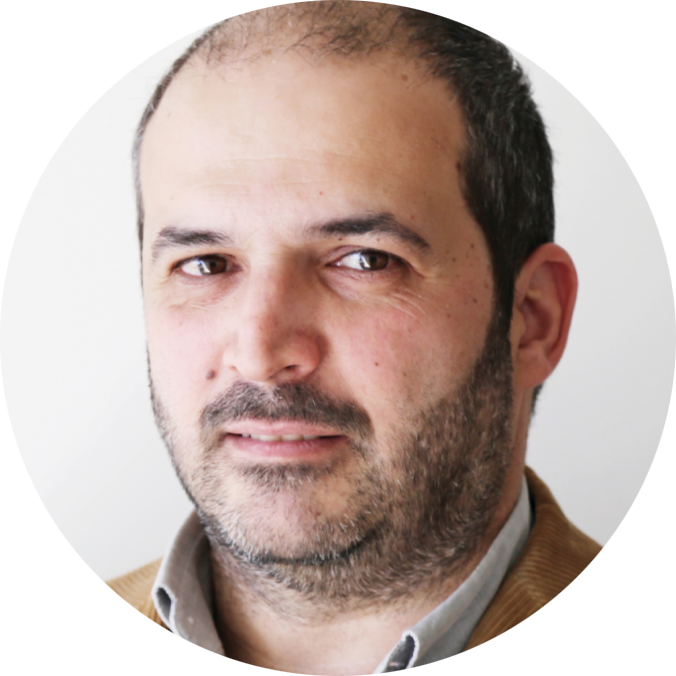
Prof. Nuno Borges Carvalho
He is currently a Full Professor and a Senior Research Scientist with the Institute of Telecommunications, University of Aveiro and an IEEE Fellow.
Michel Spiro, president of the International Union of Pure and Applied Physics, and chair of the Steering committee for the International Year said:
“Applications of technology are easy to recognize. On the other hand, contributions of basic, curiosity-based, sciences are not well appreciated. They are nonetheless at the basis of major technological advances that stimulate innovation, as well as essential for training future professionals and for developing capacity of populations who can take part in decisions that affect their future.”
Michel Spiro
The ISC continues to engage with the International Year of Basic Science for Sustainable Development. Learn more: https://www.iybssd2022.org/en/home
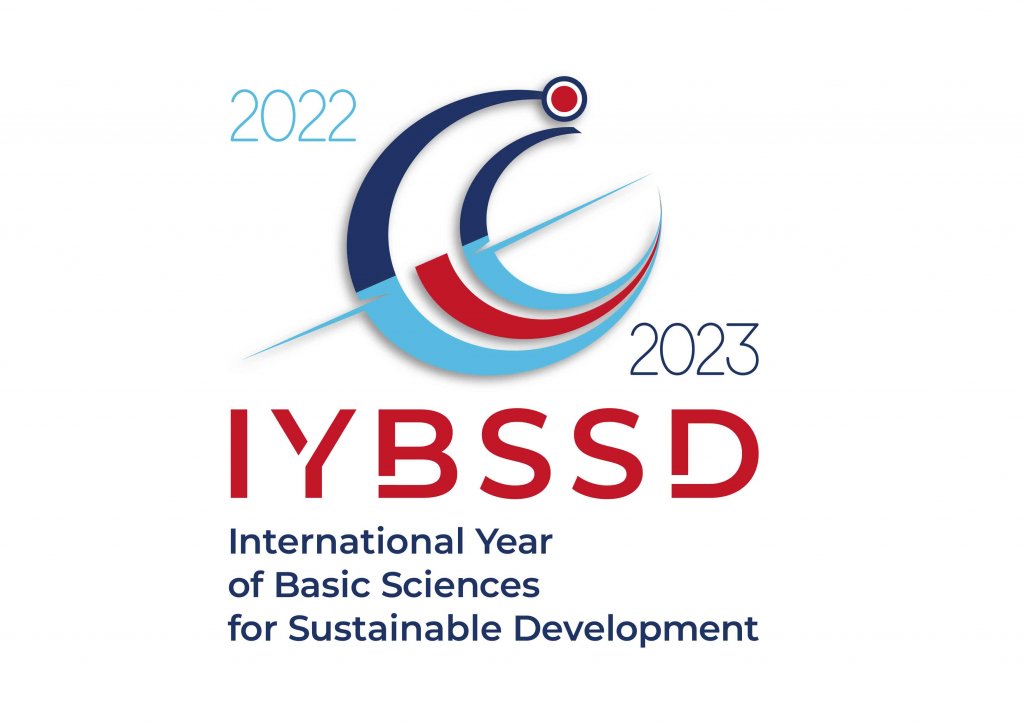
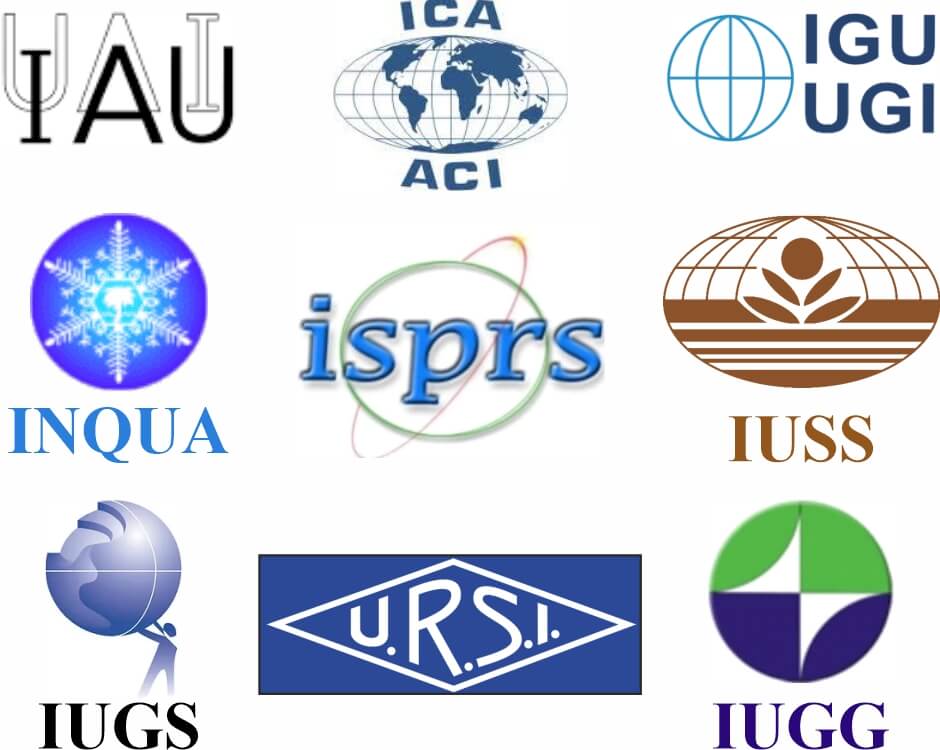
Image by Ugne Vasyliute on Unsplash